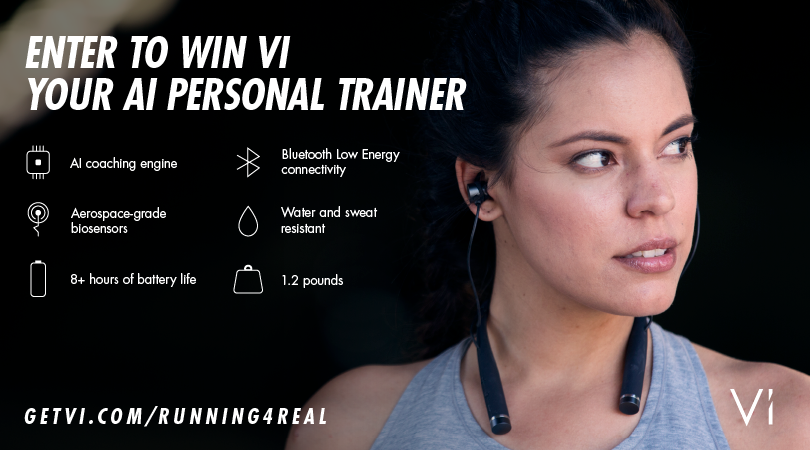This episode shifts us to the science behind running, and to beetroot. Beetroot? You heard that right. After listening, you just may want to put it on your next shopping list.
We begin by talking about the running records Andrew Jones held at an early age and how his running led him to become obsessed with the physiology of distance running.
We get into the specifics about his beetroot study.
We hear first-hand examples of time spent working with Paula Radcliffe.
He discusses his role as the scientific adviser with Nike’s the Sub-2 Hour project and his reflection to the outcome of it.
He shares his experience and what he learned when he visited the Kenyan runners’ camp in Kenya.
Today’s Guest
Andrew Jones
Andrew Jones is famous for his study of beetroot as it relates to a runner’s performance. He is a physiologist who has worked with some of the leading distance runners, including Paula Radcliffe. His involvement led to huge improvements in her performance. He was the major scientific adviser with Nike’s Sub-2 Hour marathon project.
What You Will Learn About
- What record Andrew has held for the last 30 years.
- What Andrew’s involvement was with the Nike’s Sub-2 project.
- What foods are used as great recovery products.
- When and how much beetroot should be used to see a benefit.
- Why Andrew says that “the marathon world record is way slower than a human would bepotentially be capable of running it.”
- What Andrew sees as the reasons why Kenyan runners are ranked above the rest.
Listen to the Running for Real Podcast
[podcast src=”https://html5-player.libsyn.com/embed/episode/id/6160797/height-orig/90/theme/custom/thumbnail/yes/direction/forward/height/90″ height=”90″ width=”100%” placement=”bottom” theme=”custom”]Apple (iTunes) Podcast|Sticher| Castbox| Overcast | Spotify| Google Play| iHeartradio|
Inspirational Quotes
Things like cherry juice are better in recovery and they contain a lot of polyphenols. Taking anti-oxidants and things like polyphenols which are in cherries, also in beet root juice, can sort of help the recovery process a bit.
If you consume high nitrate food stuffs you can lower your blood pressure, as well.
I’m not saying you should run, you should not have breakfast before you race, but actually in terms of forcing some additional musclar adaptation, it isn’t always a bad thing to get up and to run. You kind of treat your body to, or teach your body to adapt in certain ways by so doing. And you can have your breakfast after you run.
Resources Mentioned
Last week’s interview with Kim Jones
Andy on the University of Exeter website
Thank you to my new running buddy VI and favorite recovery product BodyHealth for sponsoring this episode of Running for Real.
VI is there to encourage you on tough days, congratulate you on the days you crush it, and remind you of your goals when you need it. You can enter to win your own VI by visiting GetVI.com/running4real

When I was running 90 miles a week as a pro, I would take 5-10 BodyHealth Perfect Amino tablets every day without fail. They helped me recover faster, and feel better. Now they have Perfect Amino XP, which makes it even easier. Get 10% off at Bodyhealth.com using coupon code TINA10
Click the banner for more information.
Thanks for Listening! I hope you enjoyed today’s episode.
To share your thoughts:
Leave a note in the comment section below.
Join the Running for Real Facebook Group and share your thoughts on the episode (or future guests you would like to hear from)
Share this show on Twitter, Facebook, Instagram, or Pinterest.
To help out the show:
Leave an honest review on iTunes. Your ratings and reviews will really help me climb up the iTunes rankings and I promise, I read every single one.
Subscribe on iTunes or your favorite podcast player.
Not sure how to leave a review or subscribe, you can find out here.
Thank you to Andrew, I look forward to hearing your thoughts on the show.




